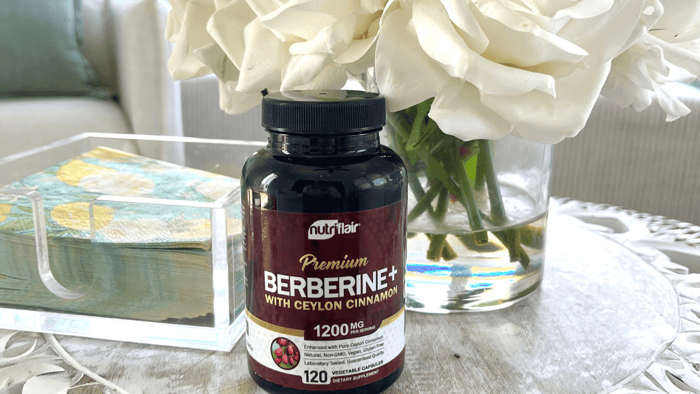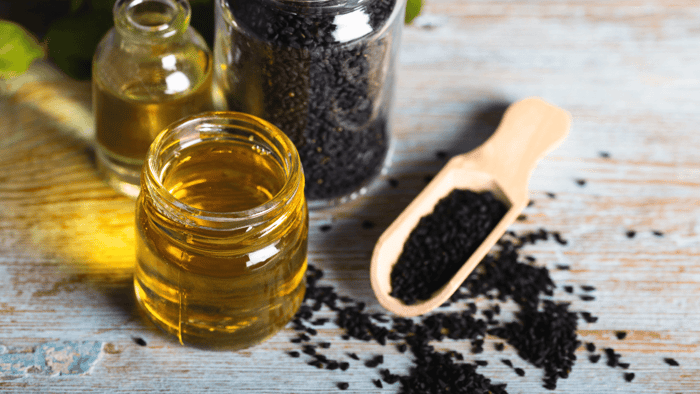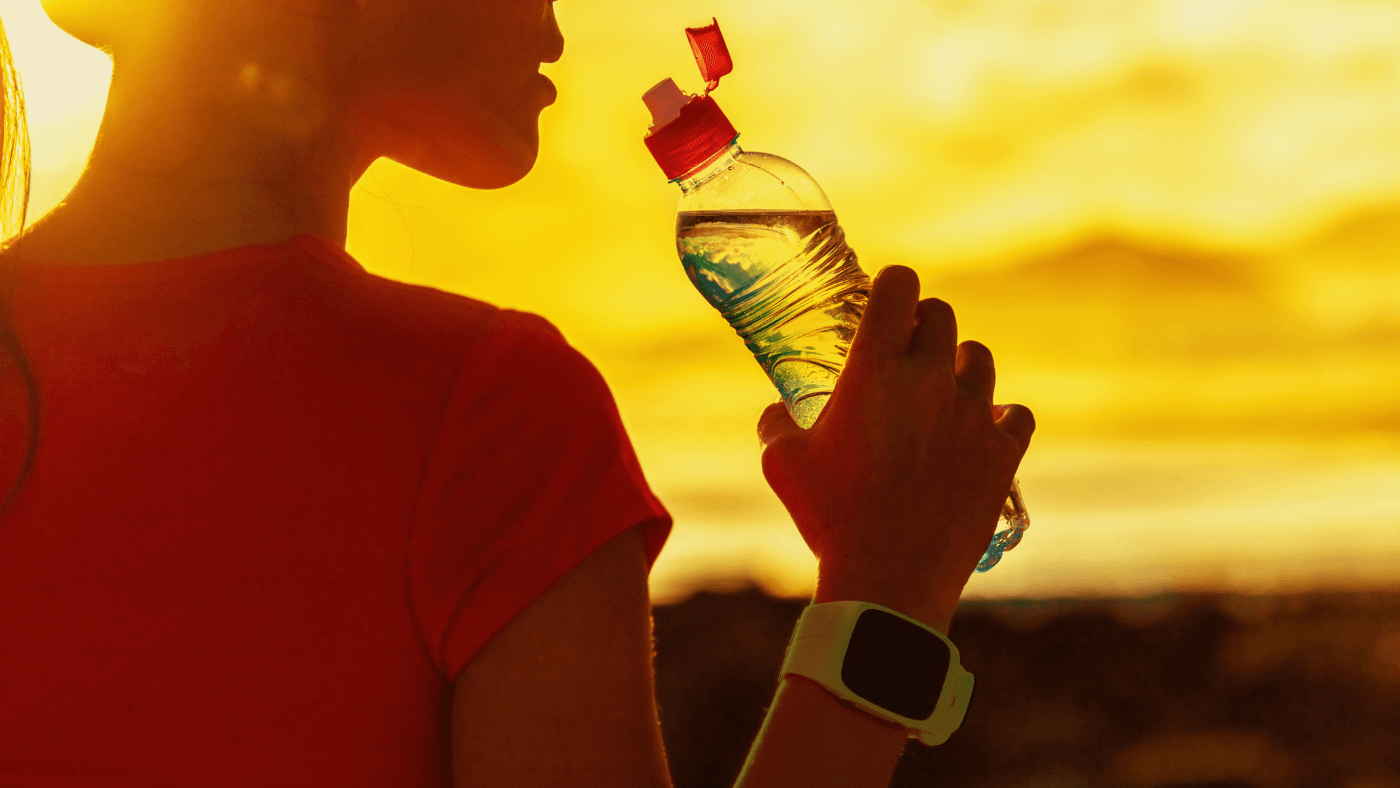
It’s summer and that means we should all definitely be drinking water. Yes, at this very moment!. We all know that water is essential to our health, yet, we often overlook this essential practice. It’s easy to get dehydrated when we’re busy with our social life and work, but electrolytes are essential to our body’s functions. Drinking water does not only provide us with the health benefits of hydration but teaches us the correlation between water and electrolytes. Electrolytes for heat are a great way to stay hydrated this summer as the sun keeps breaking records into August.
And although you might’ve seen them advertised in different sports drinks and brands of water, what’s really behind our need for electrolytes?
What are electrolytes?
Electrolytes are minerals that are naturally charged and are either positive or negative when added to water. Many electrolytes include sodium, potassium, chloride, calcium, magnesium, and more, covering many acids, bases, and salts.
Electrolytes can come from what you drink, but also from what you eat. Essential for your health and life, these helpful minerals maintain bodily processes that allow us to function. But there’s also a dual function: electrolytes work with your body to make sure you stay hydrated, preventing symptoms and effects dehydration might cause.
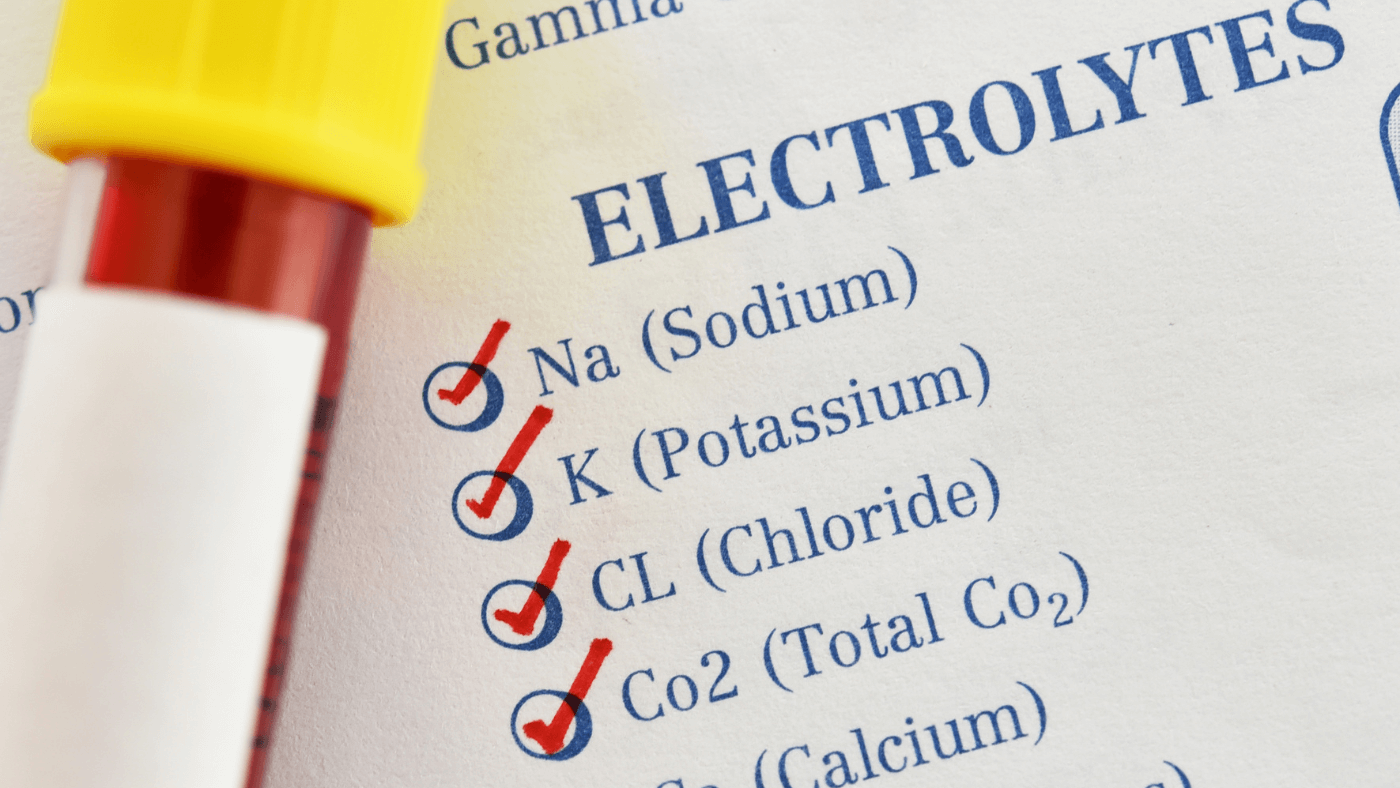
Electrolytes and hydration
Why do we need to be hydrated? Well, it’s because we need a specific amount of water within and outside our functional cells. According to many studies, sufficient water within your cells causes them to swell, allowing for protein synthesis. When cells shrink, they still require water to undergo protein catabolism. And when cells have no water, the cell’s structure will collapse and result in the cell’s death.
Electrolytes improve your hydration status by transferring water into cells and directing water flow to the parts of the body that need it the most. Sometimes, water isn’t enough to regulate your electrolyte intake, therefore electrolyte drinks and foods like nuts, potatoes, spinach, and more are needed to make sure your body is balanced. However, just like you can be depleted in electrolytes, you can also be over-hydrated. For most adults, 1,600 to 2,000 milligrams of electrolytes is a healthy amount.
Electrolytes and pH
Our pH levels serve as an indicator of our overall health. When our pH levels are unbalanced, symptoms can include acidosis, a condition where your body can’t clear acid from blood and airways, alkalosis, the result of a build-up of bases in the same passageways, fatigue, nausea, headaches, shortness of breath, and more.
When our pH levels are balanced, that means that we’re healthy and that there isn’t too much acid and alkaline in our bodies. Most of the time pH is managed by our bodies, but sometimes certain illnesses and conditions can throw that balance off, leading to symptoms detrimental to our wellbeing. However, electrolytes can help with that. By consuming the perfect amount of electrolytes, you can counteract decreases in pH levels caused by dehydration. Ions that charge the minerals, transport acids and alkalines outside of cells and the body, preventing waste buildup.
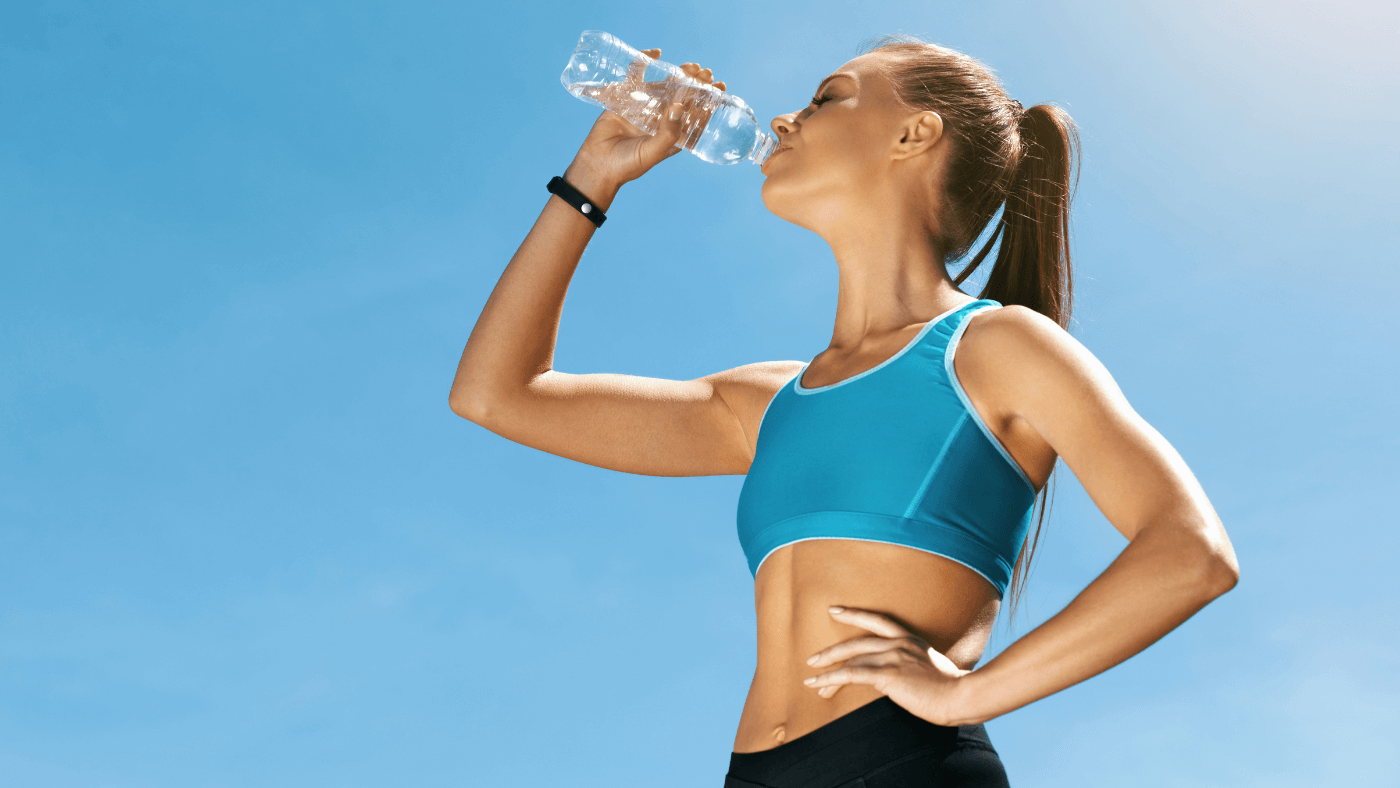
Electrolytes and muscles
Just like our cells, muscles need water to function properly. When dehydrated, you can experience the feeling of weakness, cramping, and pain. This is because the lack of electrolytes causes muscles to contract less, decreasing the strength and ability of the muscles, resulting in skeletal muscle damage. Fatigue induced by these symptoms isn’t uncommon, and pain can keep many awake, disrupting the flow of normal life.
Electrolytes will restore muscle health after dehydration due to the calcium and magnesium it contains. One study found that when calcium and magnesium are added to the muscles, cells can shorten and contract with ease. In another study, researchers found that electrolytes also produce an electrical charge that increases the ability of muscles to move.
How to stay balanced
Staying hydrated can be hard, but staying balanced can be just as difficult. Electrolytes are increasingly significant to our health during all times of the year. And while it may seem okay to skip that glass of water sometimes, it’s not. But on the same note, too many electrolytes can often produce the same symptoms of dehydration.
The first step to making sure your electrolytes are balanced is to drink water when you are thirsty, before exercising, and after exercising. Start a diet that is rich in foods that provide electrolytes, such as spinach, kale, strawberries, milk, tomatoes, and more. Don’t eat too much salt, try to stay cool during heat waves, and look for sports drinks that replenish electrolytes when you’re overheated or after working out for a long period of time. Consult your doctor on how you can better include electrolytes based on your age, medical history, and life.
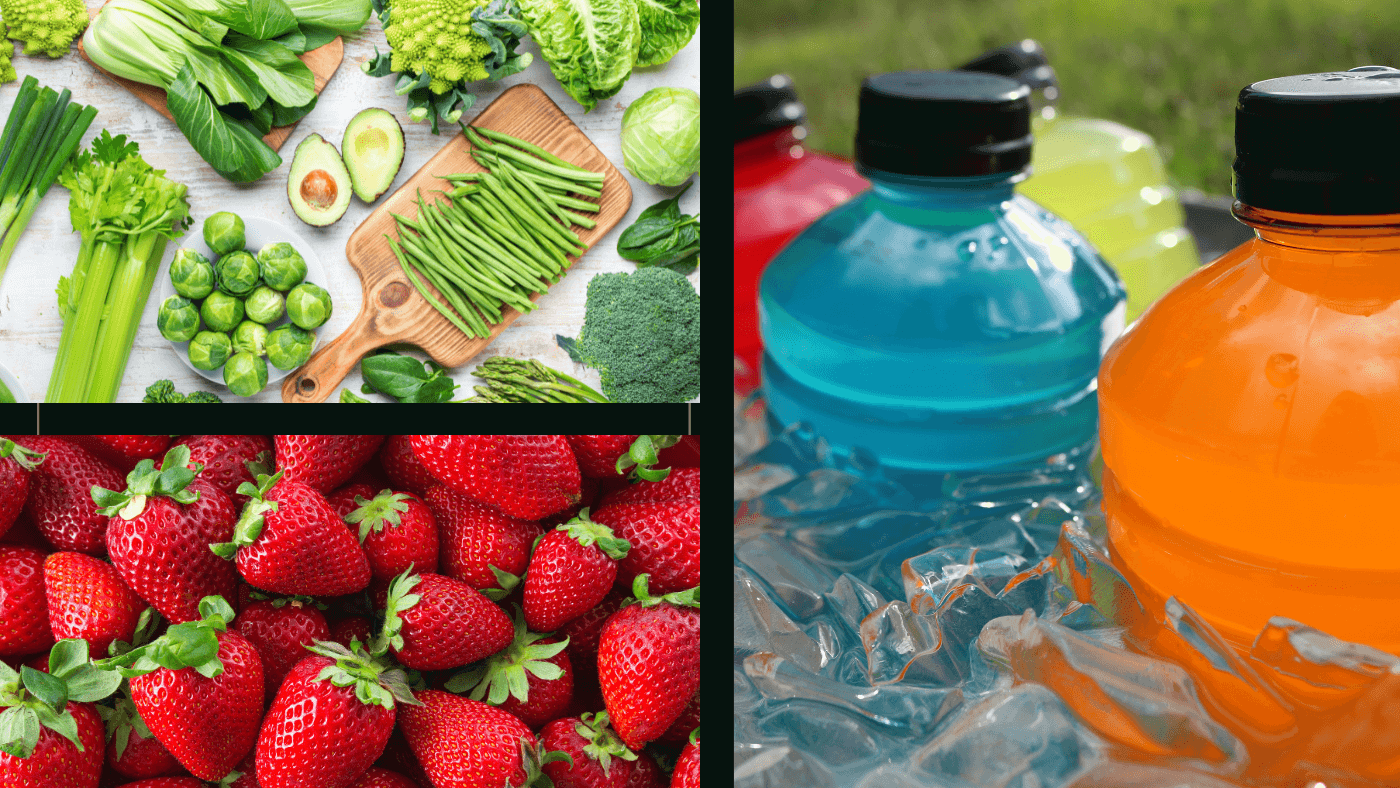
So in conclusion, stay hydrated and never forget about your electrolytes! Keep balanced to increase your muscle, pH, and hydration health so that you can better enjoy the hot months this summer.
This article is meant to be informational and should not be treated as medical advice. You should always consult with your physician for any personal concerns or when feeling ill and before starting any new supplements.
Want to know everything going on in natural health and beauty? Sign up for BVU's newsletter. You can also follow along on Instagram and Facebook.


